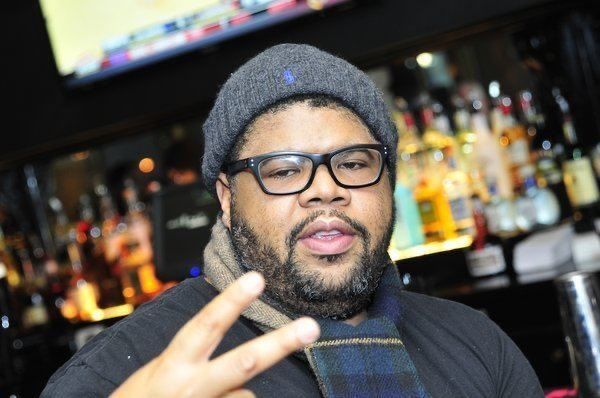Carl “Chucky” Thompson was a hip-hop and R&B record producer and member of the Bad Boy “Hitmen”. He died at the age of 53 in August 2021.
He was responsible for producing smash hits with artists like the Notorious B.I.G. and Mary J. Blige.
Early on in his career, the Washington D.C. native was amassing credits in the music business with songwriting for soul singers Percy Mayfield and Yolanda Adams at the top of the 1990s.
ALSO READ | Dennis Thomas of the American band ‘Kool & the Gang’ dies at 70
However, it wasn’t until he collaborated with Sean Combs – now called Diddy – and began his own label, Bad Boy, and production team, the Hitmen, that Thompson began to thrive in the business bigtime.
Following his work with Diddy, Thompson’s career started skyrocketing as he produced two of the era’s most iconic songs, 1994’s “Ready to Die” from the Notorious B.I.G.’s first album, and Mary J. Blige’s “My Life,” as soon as he linked up with Diddy.
Thompson revolutionised the nineties hip-hop scene by blending it with sweet, melodic rhythm and blues.
Thompson then went on to list his platinum-certified credits for the Hitmen and Bad Boy, including Faith Evans’ “You Used To Love Me,” Usher’s “Think of You,” Nas’ “One Mic,” and Total’s “No One Else.”
No sooner than he hooked up with Diddy than Thompson became responsible for two of that era’s most seminal recordings, 1994’s “Ready to Die,” the debut album from the Notorious B.I.G., and Mary J. Blige’s “My Life.”
Weeks before his death, in an interview with StudioDope, Thompson had said in praise of Diddy, “I followed his instructions on how he wanted success for his artist and his company.”
“I was able to use tools that I acquired being from D.C. and being a multi-instrumental musician. We were expanding hip-hop and R&B. A lot of NEW producers are using that formula today.”
Thompson was also the producer and arranger for Mariah Carey and Boyz II Men’s “One Sweet Day” in 1995, Jennifer Lopez’s “On the 6” in 1996, New Edition’s “Home Again” album, and the Notorious B.I.G.’s “Life After Death” in 1997.







